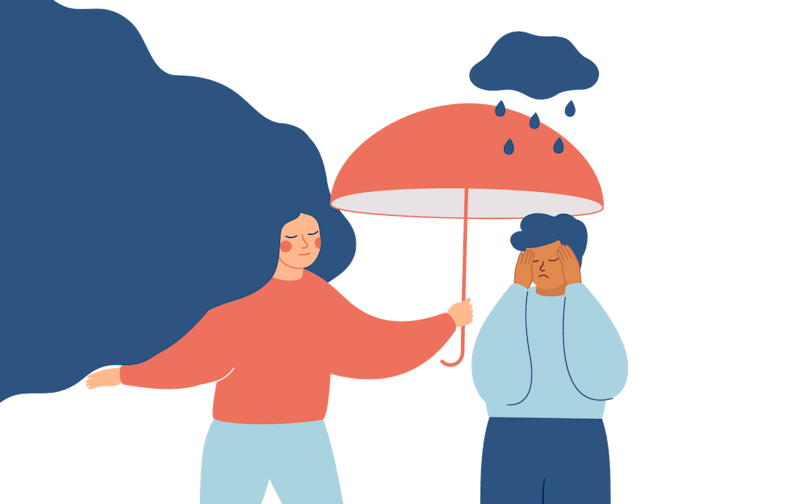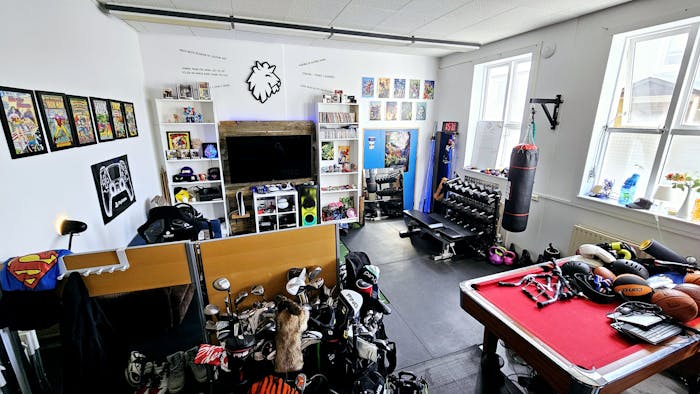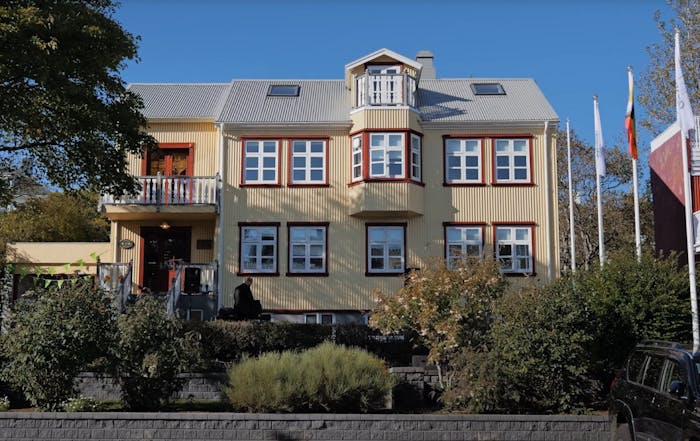Why do young people commit violent acts?
Young people become violent when they do not know other ways to resolve conflict. They view it as a weakness not to stand up for themselves and believe other people will push them around if they don't.
Reasons include:
- Self-defense.
- Anger.
- To gain respect.
- Fear of rejection by their peers.
- Fear of losing other people's respect if they are “too scared” to fight.
- To get revenge for something someone did to them or their friends.
Influencing factors:
- Depression and impulsivity.
- Anger control issues
- Not knowing how to deal with stress and pressure.
- Growing up with domestic violence.
- No future vision or not seeing the point of anything.
- Violence in the news, television, video games and music. Viewing content that glorifies violent behavior reduces young people's resistance to violence.
Youth who are involved in fights and assaults are more likely to become violent adults.






